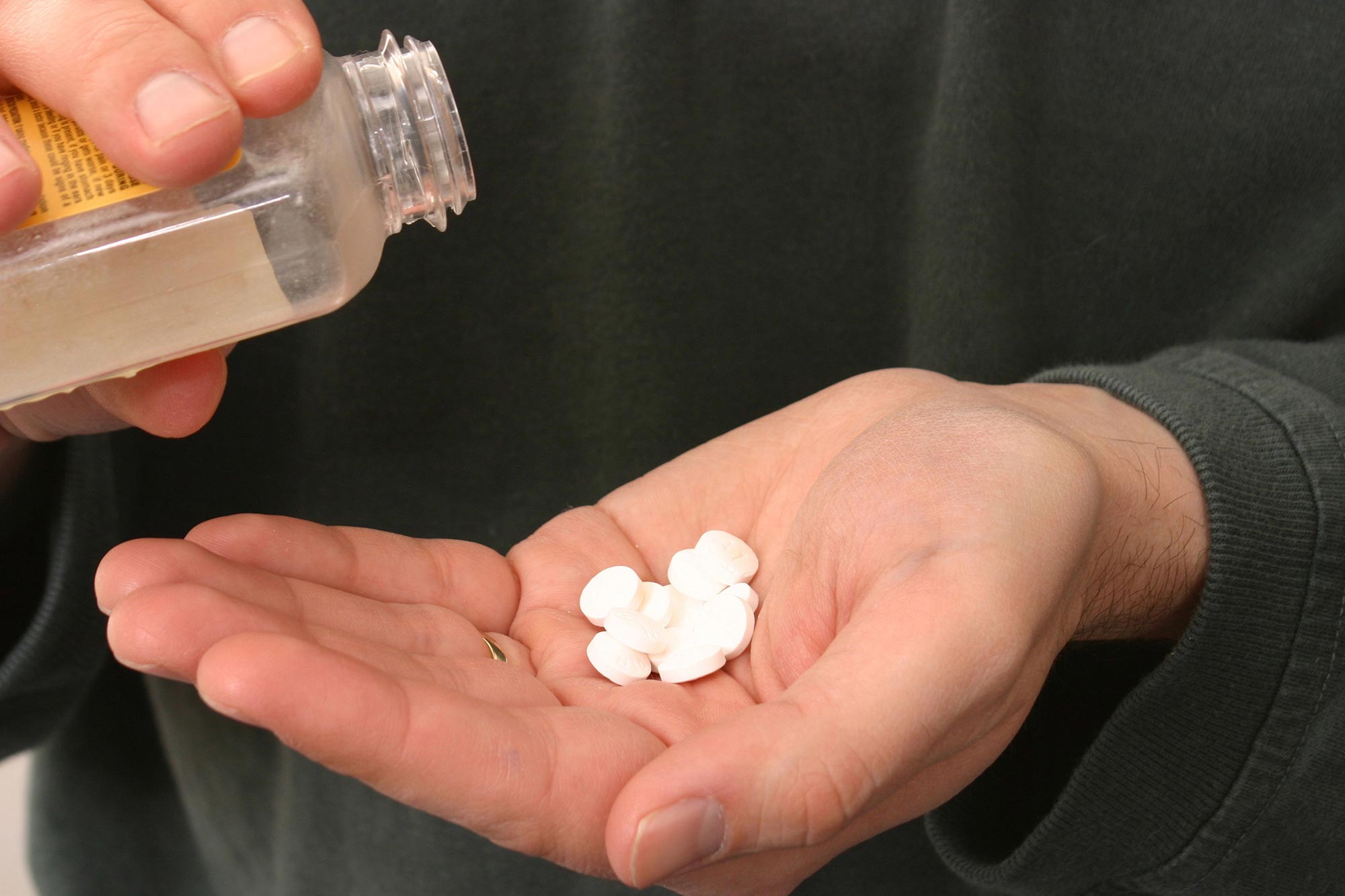Low-dose aspirin significantly reduced colorectal cancer recurrence in genetically defined patients.
A team of researchers led by Karolinska Institutet and Karolinska University Hospital has demonstrated in a new randomized clinical trial that taking a low daily dose of aspirin can cut in half the likelihood of recurrence after surgery in patients with colon or rectal cancer whose tumors carry a specific genetic alteration.
Globally, nearly two million people are diagnosed with colorectal cancer each year. Of these, between 20 and 40 percent go on to develop metastases, making treatment significantly more challenging and often reducing survival rates.
From observation to clinical trial
Earlier observational research had suggested that aspirin might lower the risk of certain cancers and perhaps reduce recurrence after surgery in colorectal cancer patients with mutations in the PIK3 signaling pathway.
This pathway controls critical cellular functions such as growth and division. Mutations disrupt these processes, driving unchecked cell growth and cancer progression. However, results from previous studies were inconsistent, and no randomized clinical trials had confirmed the link. To resolve this uncertainty, researchers launched the ALASCCA trial, which has now been reported in The New England Journal of Medicine.
The ALASCCA trial design and results
The study enrolled over 3,500 patients with colon or rectal cancer at 33 hospitals across Sweden, Norway, Denmark, and Finland. Among them, those whose tumors carried a PIK3 pathway mutation—present in about 40 percent of cases—were randomly assigned to receive either 160 mg of aspirin per day or a placebo for three years following surgery.

For patients with the genetic mutation in PIK3, the risk of recurrence was reduced by 55 percent in those who received aspirin compared with the placebo group.
Why aspirin may work against cancer
“Aspirin is being tested here in a completely new context as a precision medicine treatment. This is a clear example of how we can use genetic information to personalize treatment and at the same time save both resources and suffering,” says first author Anna Martling, professor at the Department of Molecular Medicine and Surgery, Karolinska Institutet, and senior consultant surgeon at Karolinska University Hospital.
So, how does aspirin reduce the risk of recurrence of colon and rectal cancer? The researchers believe that the effect is likely due to aspirin acting through several parallel mechanisms – it reduces inflammation, inhibits platelet function, and tumor growth. This combination makes the environment less favorable for cancer.
“Although we do not yet fully understand all the molecular links, the findings strongly support the biological rationale and suggest that the treatment may be particularly effective in genetically defined subgroups of patients,” says Anna Martling.
The researchers believe that the results could have global significance and influence treatment guidelines for colon and rectal cancer worldwide. Anna Martling sees the fact that the drug is well established as a major advantage.
“Aspirin is a drug that is readily available globally and extremely inexpensive compared to many modern cancer drugs, which is very positive,” says Anna Martling.
Reference: “Low-Dose Aspirin for PI3K-Altered Localized Colorectal Cancer” by Anna Martling, Ida Hed Myrberg, Mef Nilbert, Henrik Grönberg, Fredrik Granath, Martin Eklund, Tom Öresland, Lene H. Iversen, Carola Haapamäki, Martin Janson, Karin Westberg, Josefin Segelman, Urban Ersson, Mattias Prytz, Eva Angenete, Rebecka Bergström, Markus Mayrhofer, Bengt Glimelius and Johan Lindberg, 17 September 2025, New England Journal of Medicine.
DOI: 10.1056/NEJMoa2504650
The study was funded in part by the Swedish Research Council and the Swedish Cancer Society. The researchers state that there are no conflicts of interest.
Never miss a breakthrough: Join the SciTechDaily newsletter.
